SEEDS of LearningTM is a professional learning framework for adults who care for and teach young children.
Using a unique combination of sessions, coaching, and professional learning communities, SEEDS of Learning empowers adults with the knowledge to develop oral language, emergent literacy, social skills, and self regulation skills in all three- to five-year-olds, setting them up for success in kindergarten and beyond.
SEEDS Evidence Levels
To align with the evidence tiers outlined in the Every Student Succeeds Act (ESSA), we used the chart below to determine the corresponding evidence levels for SEEDS of Learning.
| Level 1 Strong Evidence | Level 2 Moderate Evidence | Level 3 Promising Evidence | Level 4 Demonstrates a Rationale |
|---|---|---|---|
| ✔︎ | ✔︎ | ✔︎ | ✔︎ |
Level 1: Strong Evidence
A well-implemented randomized control experimental study with matched treatment and control groups
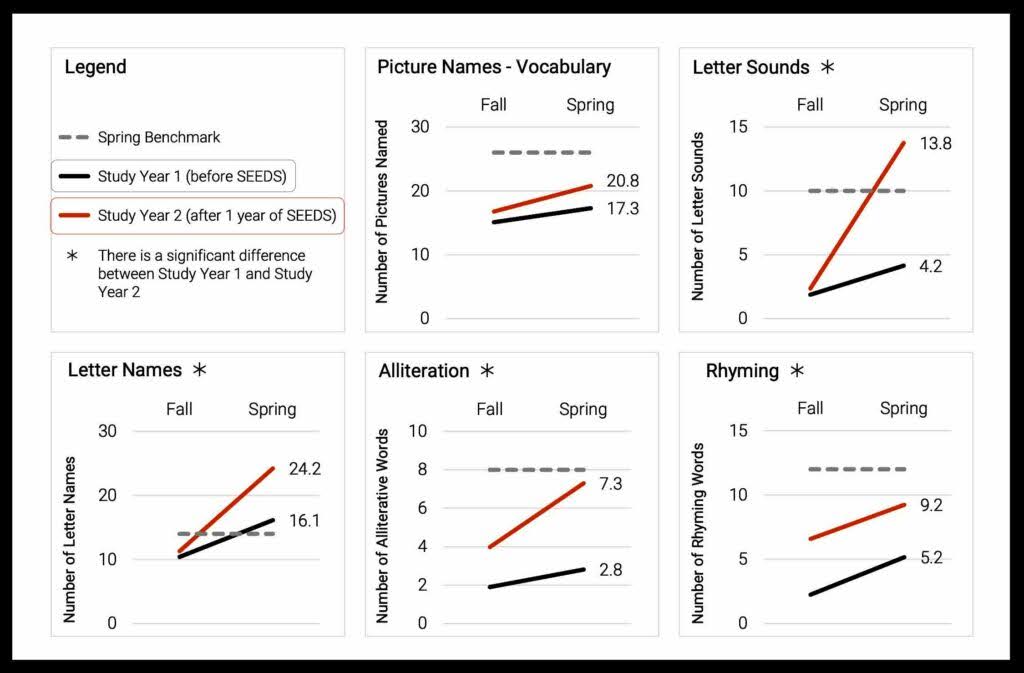
SEEDS of Learning Program Evaluation: SEEDS training significantly and positively supports early reading skills – Kidango, San Francisco Bay Area, California.
Read the Kidango SEEDS Research Brief
Read the Press Release from The Kenneth Rainin-NORC-Kidango Study
Level 2: Moderate Evidence
A well-implemented quasi-experimental study with matched treatment and control groups
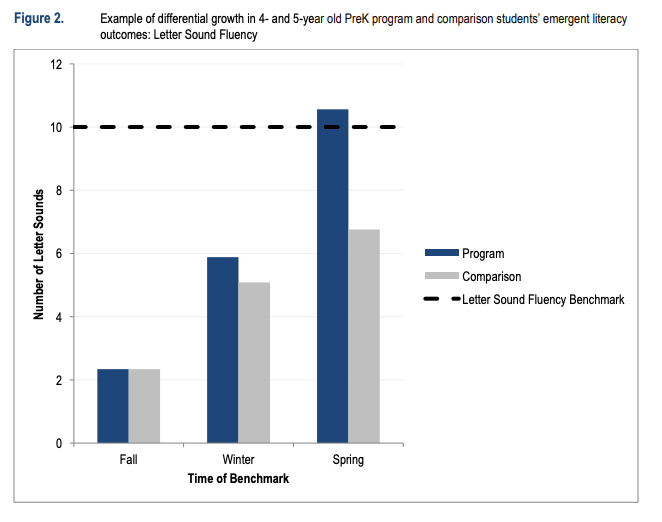
Outcome Evaluation of the Minnesota Reading Corps PreK Program – Minnesota Reading Corps, Minnesota.
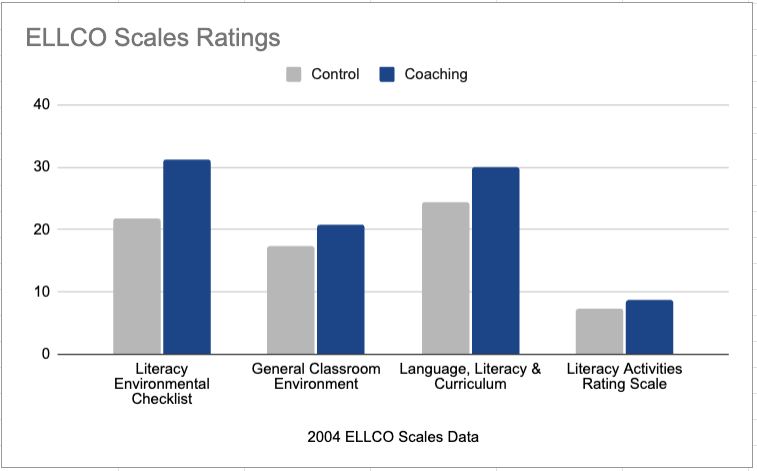
Is Professional Training Enough? The Effect of Coaching in the Practice of Early Literacy Instruction – Minnesota Early Literacy Project, Minnesota.
Level 3: Promising Evidence
A well-implemented correlational study with statistical controls for selection bias
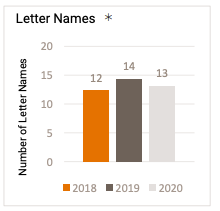
Exploring COVID-19’s Impact on Kidango Preschoolers – Kidango, San Francisco Bay Area, California.
Level 4: Demonstrates a Rationale
A program or practice, under evaluation, that is informed by research
Coming Soon: Logic Model
Research Briefs and Case Studies
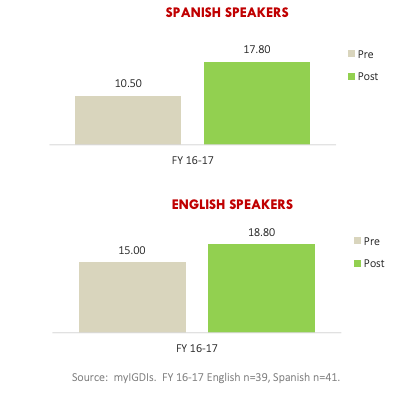
2015–2017 First 5 Santa Clara County Dual-Language Learners Data Snapshot – Santa Clara County, California.
Download SEEDS of Learning Framework Sample Kit
See samples of a Literacy-Rich Schedule, a Quality Interactions Tool, resources for teaching phonemic awareness, transition songs, and more.